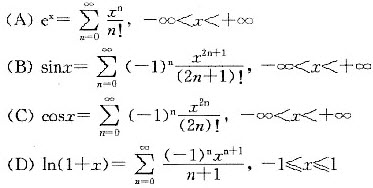问题
单项选择题 A1/A2型题
患者,男,27岁,10年前因颈前包块并皮肤瘘口行手术治疗。术后诊断为甲状舌管囊肿。近5个月于颈前偏左、喉上方出现鸽蛋大的包块,囊性。近半月突然增大并疼痛,触痛明显。包块随吞咽上下移动,可能是()。
A.囊性水瘤
B.甲状舌管囊及瘘管
C.亚急性甲状腺炎
D.颈部淋巴结炎
E.甲状舌管瘘管合并感染
答案
参考答案:E
解析:甲状舌管囊肿及瘘管是发病率最高的颈部先天性疾病,由甲状舌管发育异常引起。囊肿多位于舌骨下方;瘘管包括同时具有内、外瘘口的完全性瘘管和只具有外瘘口的不完全性瘘管。囊肿质软,无压痛,合并感染后可有明显疼痛。因它与舌骨关系密切,可随吞咽运动而上下活动,切除不彻底可复发。本例曾有甲状舌管瘘管切除病史,发病经过较缓慢,符合甲状舌管囊肿的特点,因前次切除了外瘘口但整体切除不彻底而复发,合并感染后肿块突然增大,并有疼痛等症状。

